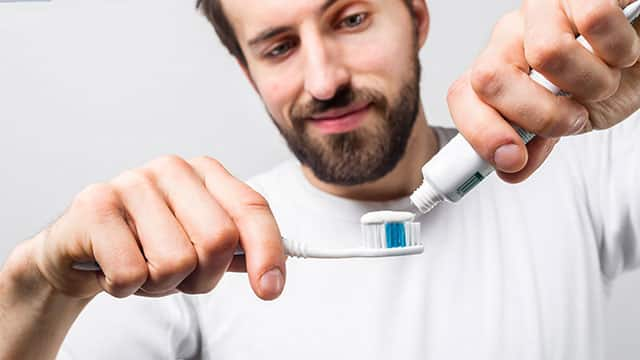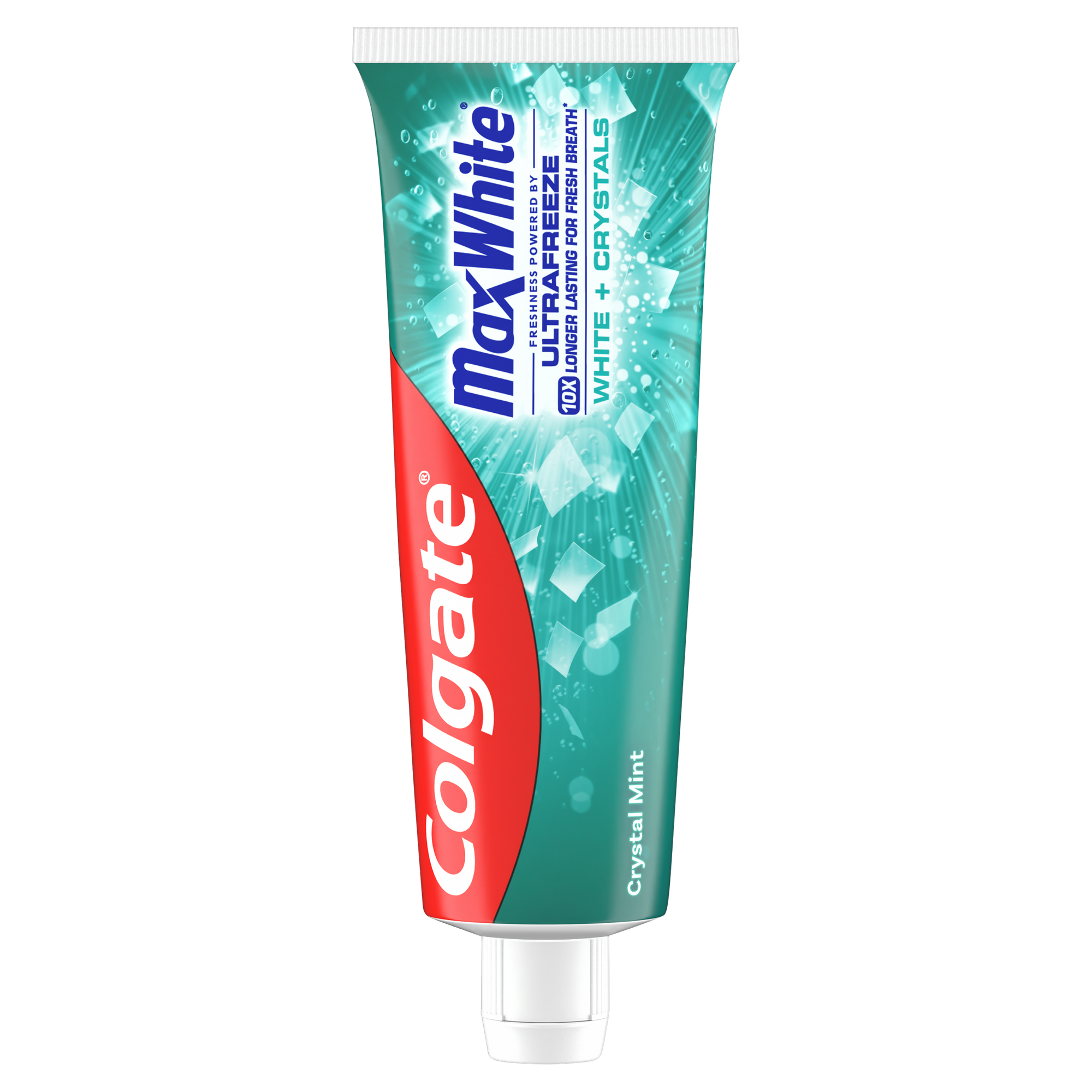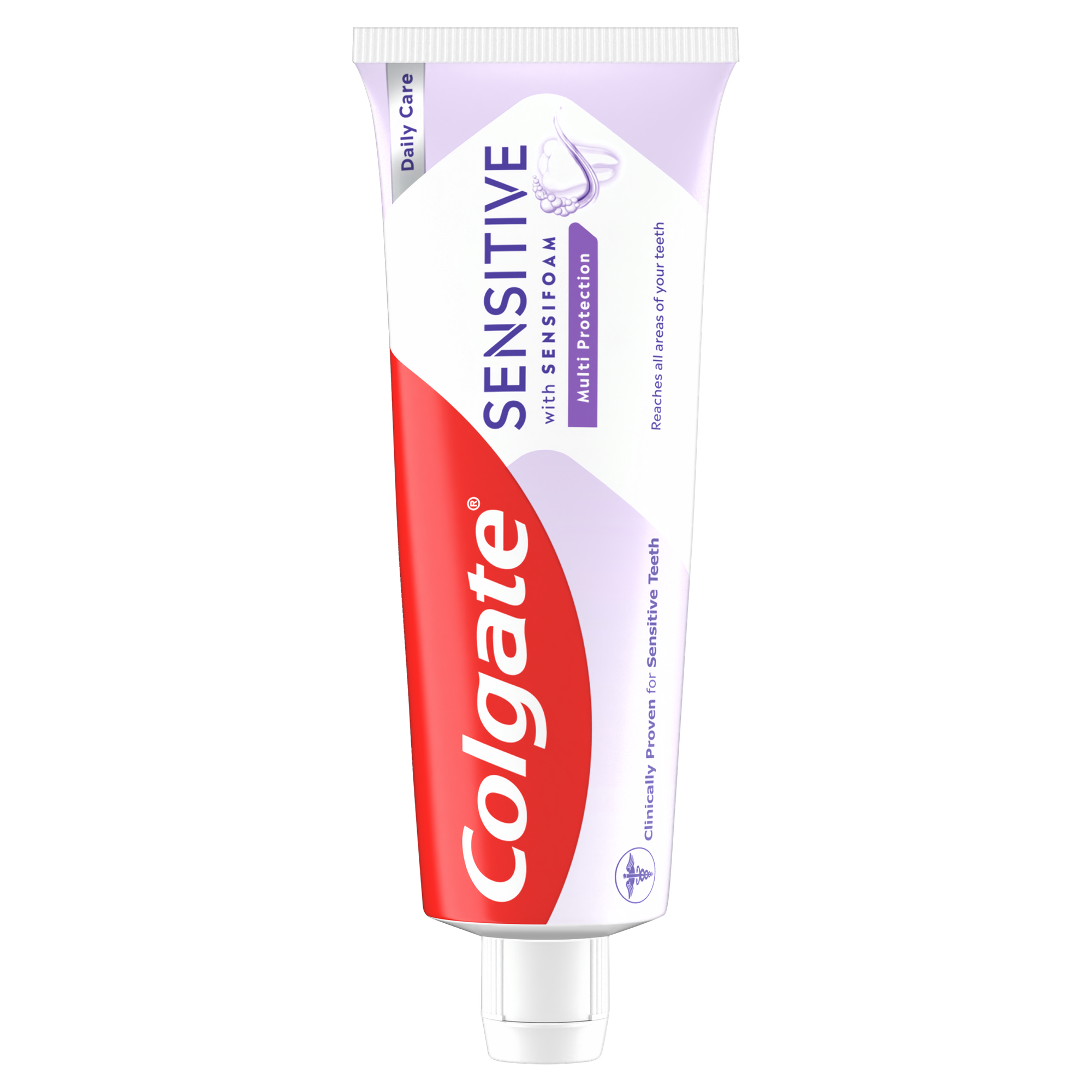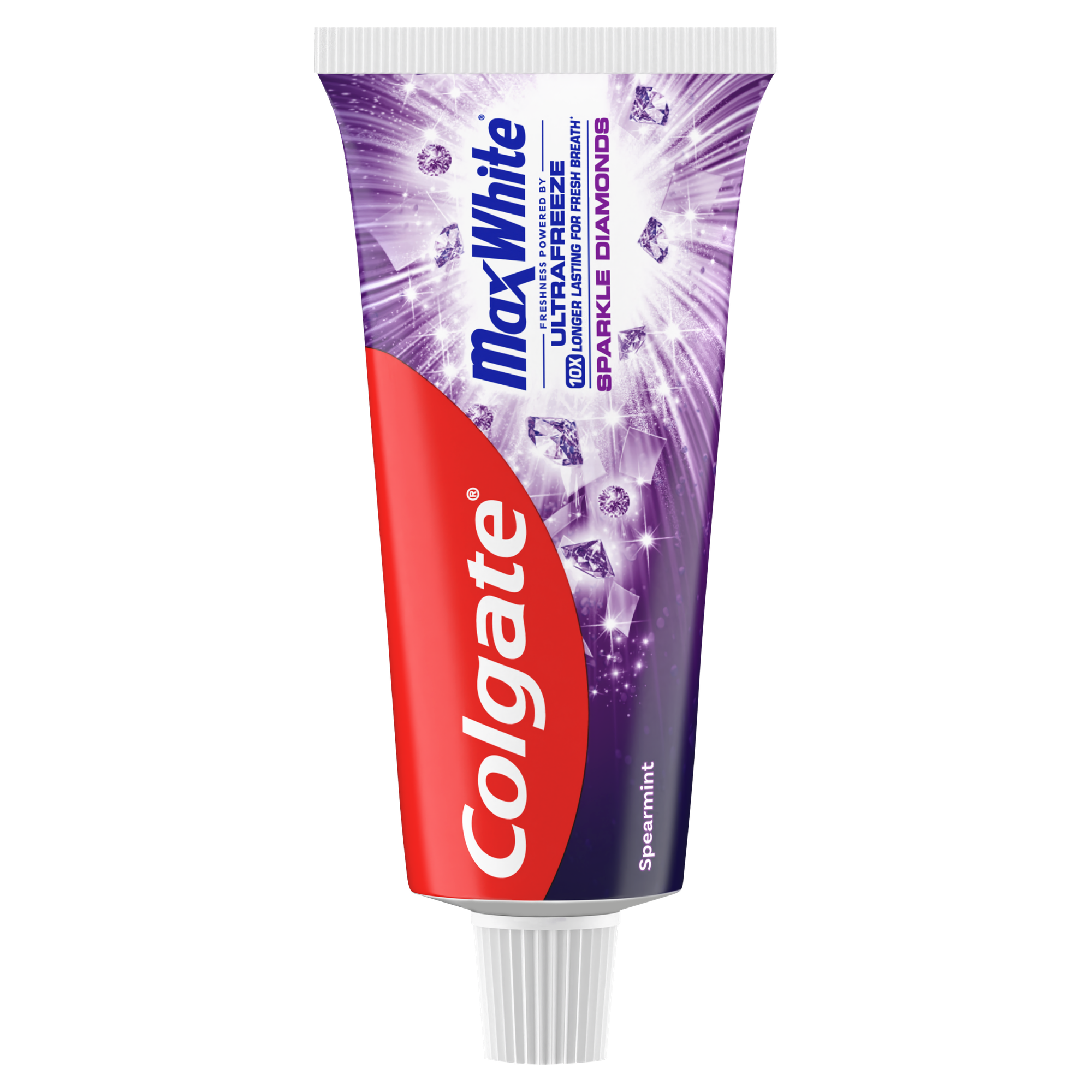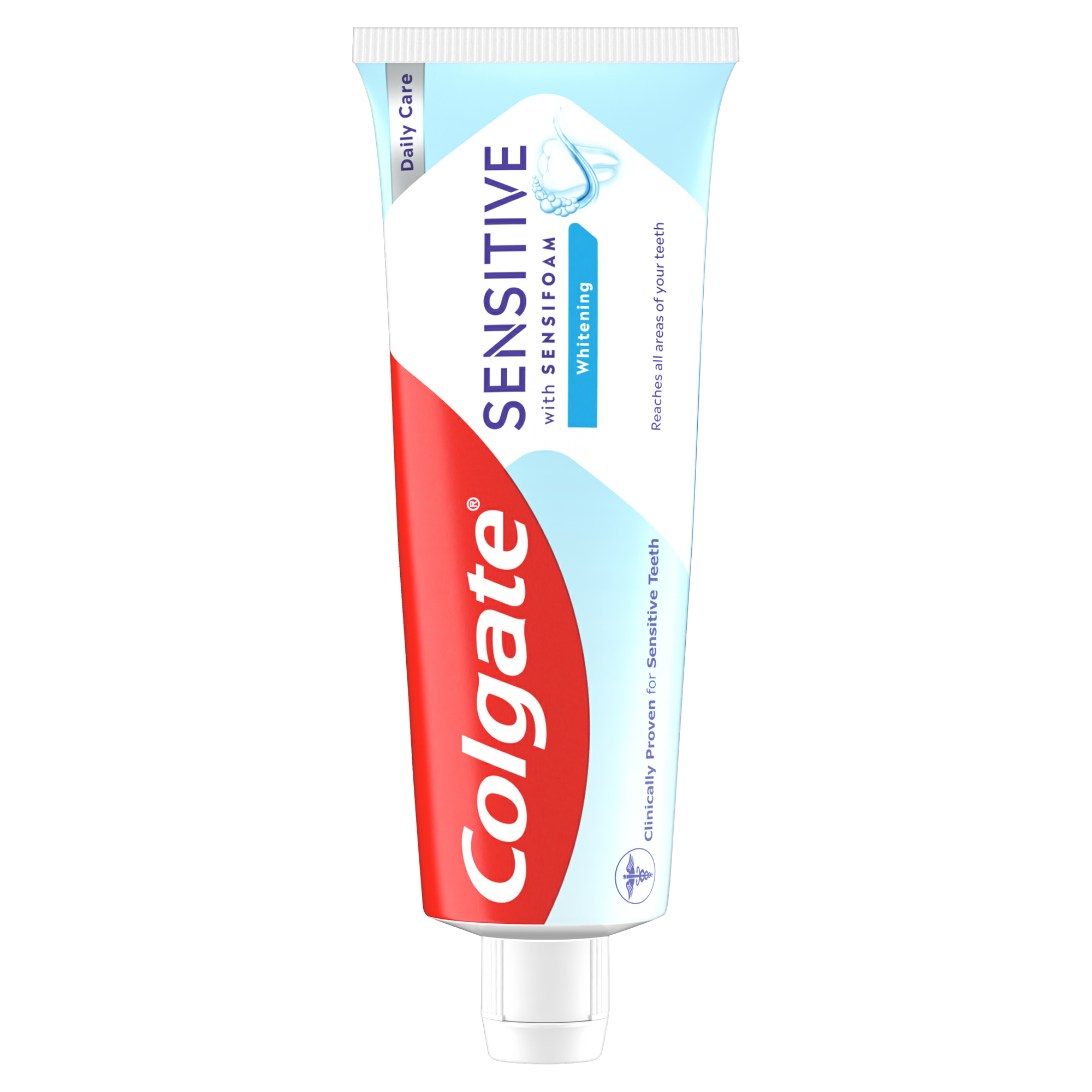What is Tooth Enamel?
If asked ‘what is the hardest substance in the human body?’, many people would say ‘bones’, however, it may surprise you to hear the answer is tooth enamel! The enamel on your teeth is the hardest and most highly mineralised substance in your body. It covers the outer layer and is the most visible part of the tooth. Enamel is made up mostly of minerals, primarily hydroxyapatite, and helps you to chew, bite and break down your food. The colour of tooth enamel can vary from light yellow to a greyish white; since it’s semi translucent, it’s only partially responsible for the colour of your teeth.
Enamel plays a very important role in protecting your teeth from tooth decay, so it’s important to do everything that you can to prevent it from eroding. It forms a strong barrier that protects the inner layers of your teeth from the effects of acids and plaque; it also protects the sensitive inner layers of your teeth from food and drink that is either very hot or very cold.
The Importance of Tooth Enamel
Your tooth enamel protects the delicate layers inside your teeth – think of it as a protective coat of armour! Its strong structure acts as a shield for the dentine and pulp inside your teeth. It protects your teeth from erosion, tooth decay, infections and sensitivity to hot and cold things. [kw1]
If your enamel is destroyed, your body can’t make more to replace it. Unlike other parts of your body - like your bones, for instance - enamel does not contain any living cells, so it can’t regenerate.
What Causes Enamel Erosion?
Tooth enamel erosion can be caused by several factors, one being the acids found in the food and drink you eat. Saliva helps to neutralise these acids, but if you consume too much acidic food and drink and don’t follow a good oral health routine, your tooth enamel will erode over time.
Enamel erosion happens in two steps:
- Acids on your teeth start to soften and weaken the enamel on the outside of your teeth.
- Then, the softened tooth surface is worn away by eating and chewing. [kw2]
What you eat throughout the day can also have a big effect on your tooth enamel, and there are many foods that are known to cause a lot of damage. Sugary foods and acidic fruits and beverages are among the most damaging things you can eat. When those substances stick to your teeth and interact with bacteria in your mouth, lactic acid is produced, which can damage the surface of your teeth. Avoid these foods when you can and, if you do consume them, remember to brush thoroughly afterwards. Very hard foods, like hard sweets or ice cubes, can also damage tooth enamel by causing it to crack or chip, so these foods should also be avoided. If you do indulge in hard sweets, suck on them but don't bite down on them.
Here's a list of some of the food and drink that can contribute to enamel erosion:
- Sugary foods such as sweets, ice cream and syrups
- Starchy foods such as white bread and potatoes
- Acidic foods such as citrus fruits, berries and apples
- Vinegar
- Fruit juices, fizzy and alcoholic drinks – including sugar-free varieties
- Excess vitamin C, found in citrus fruits or chewable vitamins
It’s not only the food and drink you consume that can cause tooth decay and tooth enamel loss. Some of the other possible causes of tooth enamel erosion include:
- Teeth grinding – this can wear down and cause damaged tooth enamel over time.
- Acid reflux – can cause acids from your stomach to enter your mouth.
- Reduced salivary flow or dry mouth – can be a symptom of some medical conditions including diabetes.
- Regular use of certain medications including antihistamines and aspirin.
- Vomiting – exposes your teeth to stomach acids [kw3].
Signs of Weakened Tooth Enamel
You can sometimes see the signs of damaged tooth enamel, however, you’re more likely to notice the symptoms of weakened enamel in the form of tooth pain or sensitivity first. If your enamel is eroding, you may also notice your tooth fillings feel raised if the surrounding enamel has been worn down by acids. Some other signs that your enamel has weakened can include:
- Discolouration or yellowing of the teeth
- Transparent edges, especially around the front teeth
- Small cracks or dents on the surface of the tooth
- An odd, rounded appearance
- A rough appearance on the tooth’s surface[kw4] or sharp edges
The areas that are most prone to erosion or enamel loss are the biting surfaces and edges of your teeth. The inside surfaces of your teeth are more likely to get damaged by stomach acid, for example, if you have acid reflux or gastro-intestinal problems. [kw5]
How to Restore Tooth Enamel
If you notice some damaged tooth enamel or enamel erosion, try not to worry, make an appointment with your dentist who can help you to determine the cause of the damage and advise you on the things to avoid. If your enamel erosion is due to a medical condition such as acid reflux, you can discuss potential treatment options with your dentist.
If the damaged tooth enamel or erosion isn’t treated, it can affect the structure of your tooth and cause you a lot of discomfort. Unfortunately, tooth enamel can’t grow back, however, your dentist may recommend a range of solutions for tooth enamel repair including:
- Veneers
- Fillings
- Crowns
- Root canal
- Tooth extraction
- Applying a fluoride varnish to strengthen the remaining enamel [kw6]
How to Protect Tooth Enamel
Luckily, there are several things you can do to help reduce enamel erosion and the effect it can have on your teeth. Prevention is always the best way to make sure your enamel stays strong and healthy! You can protect your teeth by practising good oral hygiene habits, like brushing twice a day with a fluoride toothpaste, flossing once a day and visiting your dentist for regular professional cleanings around twice a year. Using a toothpaste that has been specially formulated to remineralise your tooth enamel and protect against erosion can help, for example, Colgate Total Advanced Enamel Strength Toothpaste helps to repair weakened enamel* while giving your whole mouth protection. Here are some tips you can use to prevent enamel erosion:
- Brush your teeth using a soft-bristled toothbrush – brushing too hard or using a hard-bristled toothbrush can cause damaged tooth enamel.
- Limit your consumption of acidic food and drink – try to eat these things at mealtimes instead of continuously snacking through the day.
- Finish meals with cheese or milk to help to neutralise the acids in your mouth.
- When it comes to snacking, stick to veggies, nuts or cheese.
- Wait for an hour after eating something acidic, then brush your teeth – brushing straight after can cause more damage to your teeth.
- Chew sugar-free gum to help stimulate saliva production. Gum that contains xylitol may also help to prevent tooth decay.
- Drink mostly non-acidic drinks including water, milk or very diluted sugar-free squash. Staying hydrated through the day helps to wash away plaque, bacteria and food particles. It can also help to reduce the risk of tooth enamel loss in people who have the condition known as ‘dry mouth’.
- Drink through a straw and don’t swish drinks around your mouth. This will minimise the contact with the surfaces of your teeth. [kw7]
- If you grind your teeth when you sleep, invest in a mouthguard – your dentist will be able to make a custom one to fit your mouth, or you can buy them at most pharmacies.
- Make an appointment to get dental sealants – sealants are coatings that are painted onto the chewing surfaces of your teeth to protect them against the plaque, tartar and harmful bacteria that can cause tooth decay.
- Get treatment for any underlying medical conditions that can affect your teeth, i.e. dry mouth, gastro-intestinal problems and eating disorders. [kw8]
Enamel is an important substance that deserves to be taken care of and protected as part of good oral hygiene. The best way to treat tooth enamel erosion is to prevent it from happening in the first place. Always practice a good oral health routine and see your dentist regularly for check-ups and cleaning. You can learn more about tooth anatomy in the Colgate Oral Care resources.
*In-vitro on weakened enamel, remineralises weakened enamel and promotes repair on daily enamel erosion.
[kw1] https://my.clevelandclinic.org/health/body/24798-tooth-enamel
[kw3] https://www.healthline.com/health/enamel-erosion#causes
[kw4] https://www.millenniumdds.com/enamel-erosion-treatment/
[kw6] https://www.healthdirect.gov.au/dental-erosion#treatment
[kw8] https://my.clevelandclinic.org/health/body/24798-tooth-enamel
This article is intended to promote understanding of and knowledge about general oral health topics. It is not intended to be a substitute for professional advice, diagnosis or treatment. Always seek the advice of your dentist or other qualified healthcare provider with any questions you may have regarding a medical condition or treatment.
ORAL HEALTH QUIZ
What's behind your smile?
Take our Oral Health assessment to get the most from your oral care routine
ORAL HEALTH QUIZ
What's behind your smile?
Take our Oral Health assessment to get the most from your oral care routine








